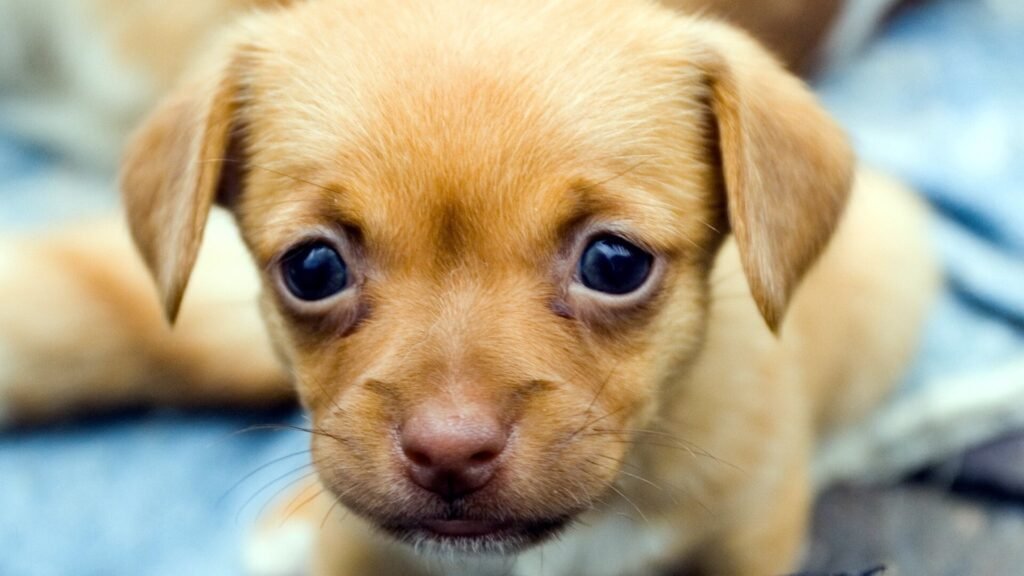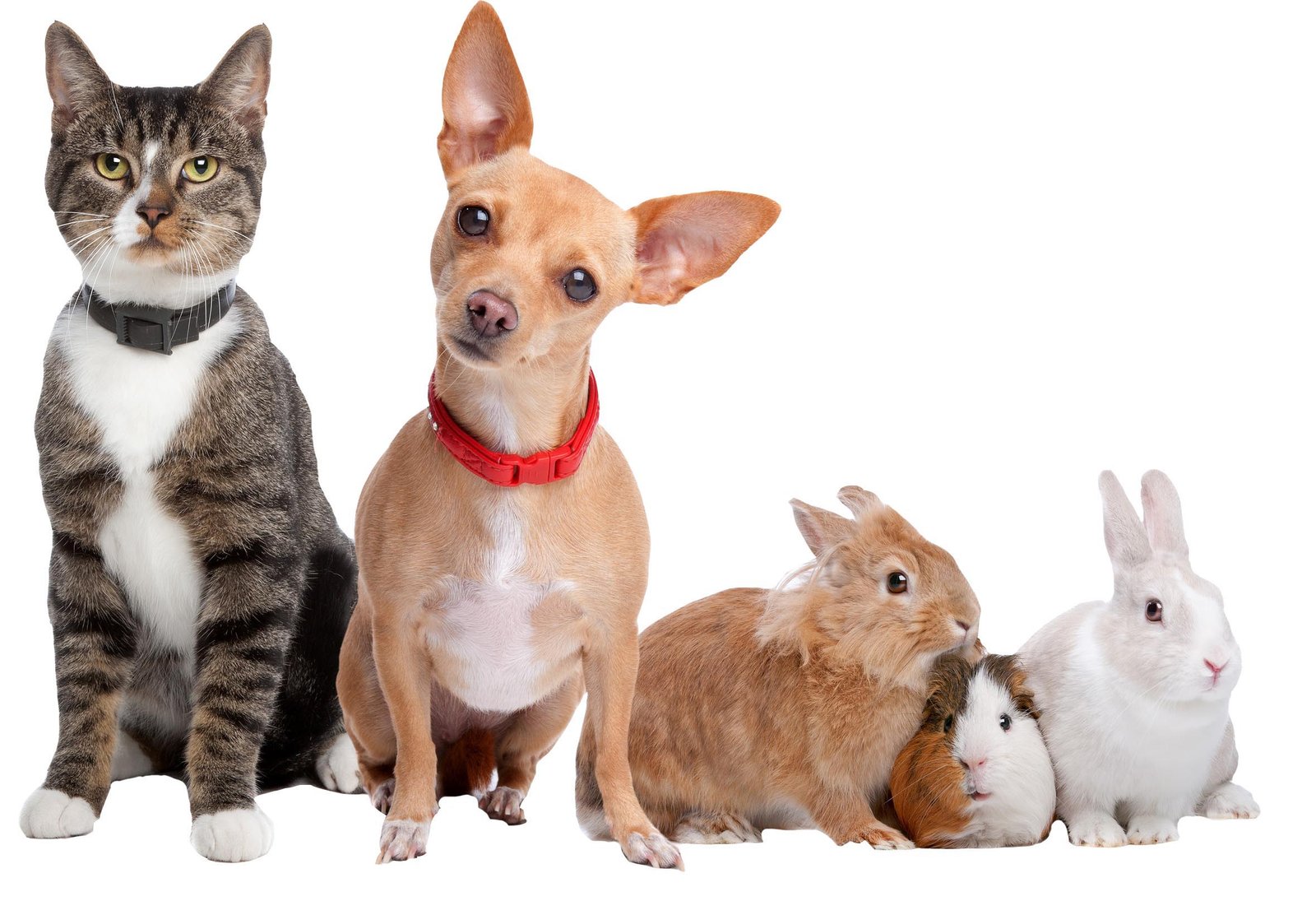Pets
Dog Care Tips: The Ultimate Guide to Owning and Loving a Dog

Dogs are often called man’s best friend and for good reason. Dogs are loyal, loving, and fun to be around. But dogs are more than just pets. They are also beneficial for our health, happiness, and well-being. In this post, we will explore some of the ways that dogs enrich our lives and make us better humans, and some dog care tips to help you take good care of your furry friend

Importance of Dogs
Dogs have played an important role in the history of human civilization and were among the first domesticated animals. They were important in hunter-gatherer societies as hunting allies and bodyguards against predators. They also helped with herding, guarding, and transportation. Today, dogs still serve many purposes, such as working dogs for police, military, rescue, therapy, and assistance. Dogs also provide companionship and company. They can be a comfort to people who crave unconditional interaction with another living being. According to Vanderbilt University, dogs can decrease levels of human loneliness and give humans a sense of purpose as they care for their animal companions.
How Dogs Make Life Interesting
Dogs are not only useful, but they are also fun. Dogs have unique personalities and quirks that make them interesting and amusing. They can make us laugh with their silly antics, expressions, and sounds. They can also surprise us with their intelligence, creativity, and skills. Dogs can learn new tricks, solve problems, communicate with us, and even express emotions. Dogs can also enrich our lives with their adventurous spirit and curiosity. They can inspire us to explore new places, meet new people, and try new things. Dogs can also help us socialize and make friends with other dog owners and lovers.

Things to Note Before Owning a Dog
Owning a dog is a rewarding experience, but it also comes with responsibilities and challenges. Before you decide to get a dog, you should consider some factors such as:
Your lifestyle:
Do you have enough time, space, and money to care for a dog? travel a lot or have a busy schedule? or do you have any allergies or health issues that could affect your ability to care for a dog?
Your personality:
What kind of dog do you want? Do you prefer a calm or energetic dog? A friendly or independent dog? A small or large dog? A purebred or mixed breed dog?
Your expectations
What do you expect from your dog? Do you want a dog that is easy to train or challenging? or do you want a dog that is obedient or playful? Do you want a dog that is loyal or sociable?
Your commitment:
Are you ready to commit to your dog for its entire lifespan? willing to provide your dog with proper food, water, shelter, exercise, grooming, training, …veterinary care, and love? or are you prepared to deal with any potential problems or issues that may arise with your dog?
These are some of the questions that you should ask yourself before you get a dog. You should also do some research on different breeds of dogs and their characteristics, needs, and suitability for your lifestyle. You should also consult with your family members, friends, veterinarians, breeders, shelters, and rescue groups to get more information and advice on owning a dog.
Equipment Needed to Fully Take Care of a Dog
Once you have decided to get a dog, you will need some equipment to fully take care of your new furry friend. Some of the essential items that you will need are:
A collar and leash:
These are important for the identification, safety, and control of your dog. You should choose a collar that fits your dog comfortably and securely, and a leash that is strong enough to handle your dog’s size and strength.
A crate or bed:
These are important for providing your dog with a comfortable and cozy place to sleep and rest. You should choose a crate or bed that is large enough for your dog to stand up, turn around, and lie down in.
Food and water bowls:
These are important for providing your dog with fresh and clean food and water. You should choose bowls that are durable, easy to clean, and appropriate for your dog’s size and eating habits.
Food and treats:
These are important for providing your dog with proper nutrition and rewards. You should choose food and treats that are suitable for your dog’s age, size, activity level, and health condition. You should also consult with your veterinarian for recommendations and advice on feeding your dog.
Toys:
These are important for providing your dog with stimulation, entertainment, and exercise. You should choose toys that are safe, durable, and appropriate for your dog’s size, personality, and preferences. You should also avoid toys that are too small, too hard or have sharp edges or parts that could harm your dog.
Grooming tools:
These are important for providing your dog with hygiene and comfort. You should choose grooming tools that are suitable for your dog’s coat type, length, and condition. You should also consult with your veterinarian or groomer for recommendations and advice on grooming your dog.
These are some of the basic equipment that you will need to fully take care of your dog. You may also need other items depending on your dog’s specific needs and preferences, such as a harness, a muzzle, a sweater, a raincoat, a carrier, a fence, a gate, a ramp, a brush, a comb, a nail clipper, a shampoo, a conditioner, a toothbrush, a toothpaste, a flea comb, a tick remover, a first aid kit, etc.
Types of Dogs
Dogs come in many shapes, sizes, colors, and breeds. There are hundreds of different breeds of dogs in the world, each with its history, origin, purpose, and characteristics. Some of the most common types of dogs are:
Sporting dogs:
These are dogs that were bred to assist humans in hunting game birds and other animals. They are typically energetic, alert, and trainable. Some examples of sporting dogs are retrievers, spaniels, pointers, setters, and water dogs.
Hound dogs:
These are dogs that were bred to hunt by sight or scent. They are typically fast, agile, and independent. Some examples of hound dogs are beagles, basset hounds, bloodhounds, greyhounds, and dachshunds.
Working dogs:
These are dogs that were bred to perform various tasks such as guarding, pulling, rescuing, and herding. They are typically strong, intelligent, and loyal. Some examples of working dogs are mastiffs, rottweilers, Doberman pinschers, Siberian huskies, and German shepherds.
Terrier dogs:
These are dogs that were bred to hunt and kill vermin such as rats and mice. They are typically small, feisty, and courageous. Some examples of terrier dogs are fox terriers, Jack Russell terriers, Scottish terriers, and West Highland white terriers.
Toy dogs:
These are dogs that were bred to be companions and lapdogs. They are typically small, cute, and affectionate. Some examples of toy dogs are Chihuahuas pugs Pomeranians Maltese and Yorkshire terriers
Non-sporting dogs:
These are dogs that do not fit into any of the above categories. They have diverse origins purposes and characteristics. Some examples of non-sporting dogs are bulldogs Dalmatians poodles Boston terriers and Chow Chows
These are some of the main types of dogs but there are many more subtypes and mixed breeds that you can explore and learn about.
Conclusion
Dogs are more than just pets they are our friends family members and partners in life They provide us with many benefits such as health happiness and well-being They also challenge us to be more responsible compassionate and adventurous They make our lives more interesting and meaningful If you are looking for a loyal loving and fun companion you can’t go wrong with a dog Just make sure you do your research before you get one and provide them with the best care possible Dogs deserve nothing less than our unconditional love respect and gratitude
-

 Gift ideas7 months ago
Gift ideas7 months agoGift for Men – Choose the Perfect Gift for Your Outdoor Adventurer
-

 Shoes2 months ago
Shoes2 months agoShoes Maketh the Man: 5 Must-Have Shoes for Every Fashionable Man
-

 Home & Kitchen8 months ago
Home & Kitchen8 months agoThe Best Air Fryers for Large Families in 2024
-

 Pets9 months ago
Pets9 months agoThe Best Dog Leashes of 2024
-

 GIfts for Men7 months ago
GIfts for Men7 months agoGifts for Men – Choose the Perfect Gift for Your Gamer
-

 Style2 months ago
Style2 months agoThe Gentleman’s Guide to Dressing for Dinner – All You Need to Know
-

 Tech4 months ago
Tech4 months agoThe Best Variations of Fitness and Activity Trackers
-

 Pets11 months ago
Pets11 months agoBest Pets for You: The Ultimate Guide to Happiness and Health with Furry Friends





Pingback: The Best Blenders of 2023: For Every Style and Budget - SHOPIGINIE
Pingback: Oravet Dental Chews for Dogs